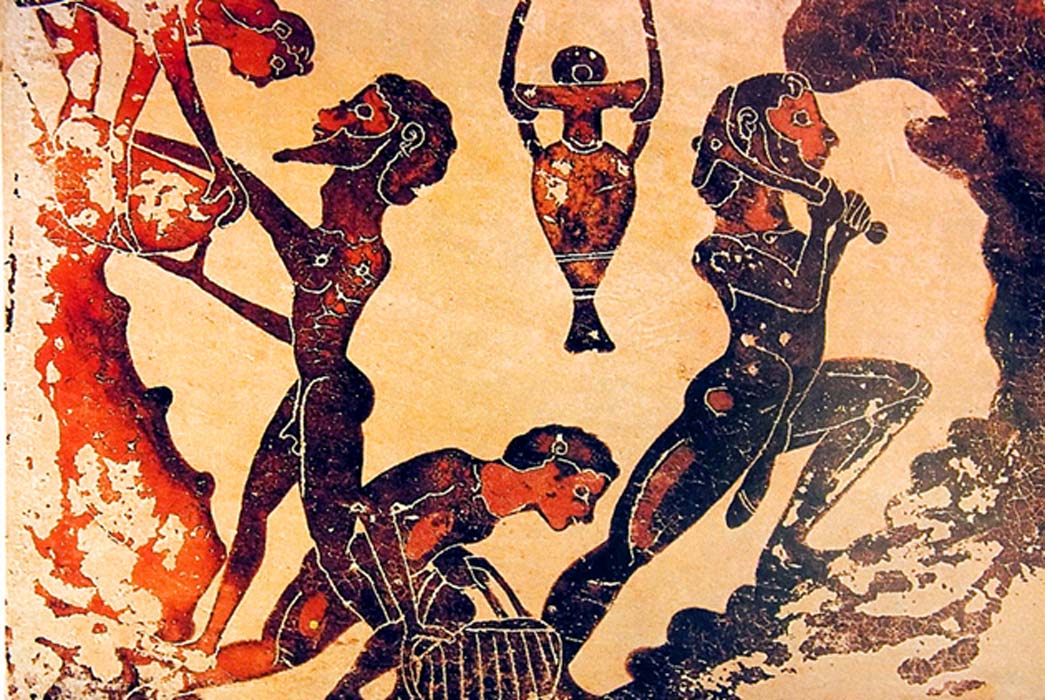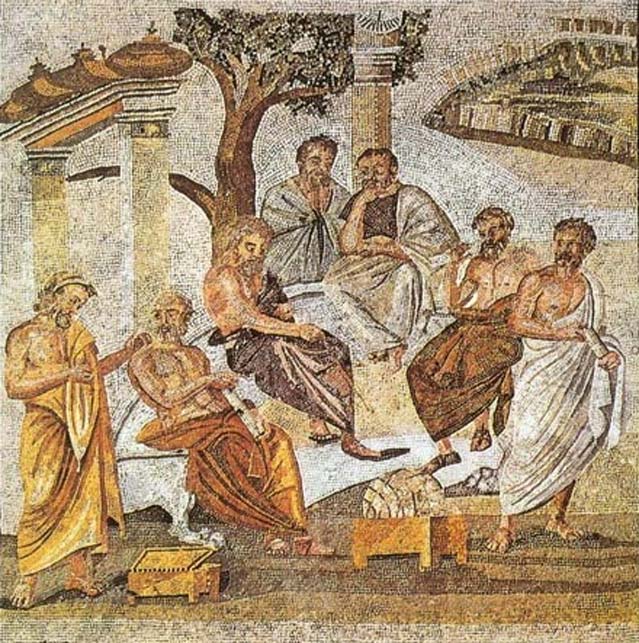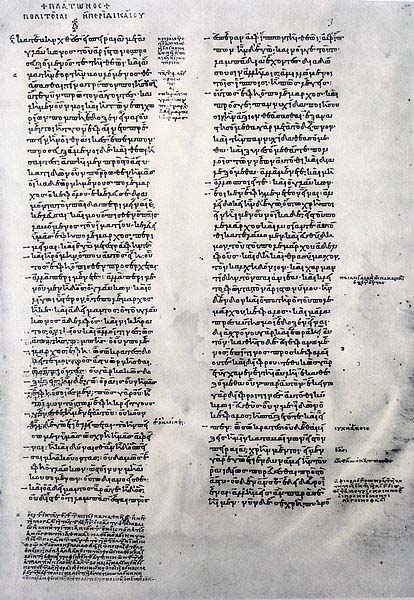
Did He Create a Blissful Utopia or a Tyrannical Communist Nightmare? Plato’s Ancient Class System and Social Engineering Revealed
Perhaps surprisingly to some, classical Greek philosopher Plato was a social engineer; and he was the first of many “planners” to come. In essence, Plato, who laid the foundations of Western philosophy and science, was the first communist before the advent of Karl Marx in the 19th century.
Plato’s ideal state was what one would recognize today as the “welfare state.” Plato’s state in theory is spoken of in his book “The Republic.” In his book, he displays an ideal form of government where business becomes a part of the state. In other words, Plato’s planning is top-down, not-bottom up, and speculated to be easier with which to control and socially engineer the population.
Why would Plato do this, you may be wondering? And the answer is: power.

Plato’s Academy mosaic from Pompeii (Public Domain)
Dependence on Government
To create a state based on provisions provided by the government through the confiscation of private property would nullify property rights, thus effectively taking the ability away from the individual to produce and consume on his or her own behalf in order to benefit from the fruits of their labor.
Therefore, you would no longer work to get ahead or to make ends meet, rather you would provide the state with resources, which are collected and redistributed among the masses. A Russian joke during the Soviet Union was “So long as the bosses pretend to pay us, we will pretend to work.” This system leads to welfare and dependence on the government as there are no incentives to get ahead.
Let us investigate: Is this or is this not Plato’s ideal form of government?

The Republic: Title page of the oldest manuscript: Paris, Bibliothèque Nationale, Gr. 1807 (9th century) (Public Domain)




